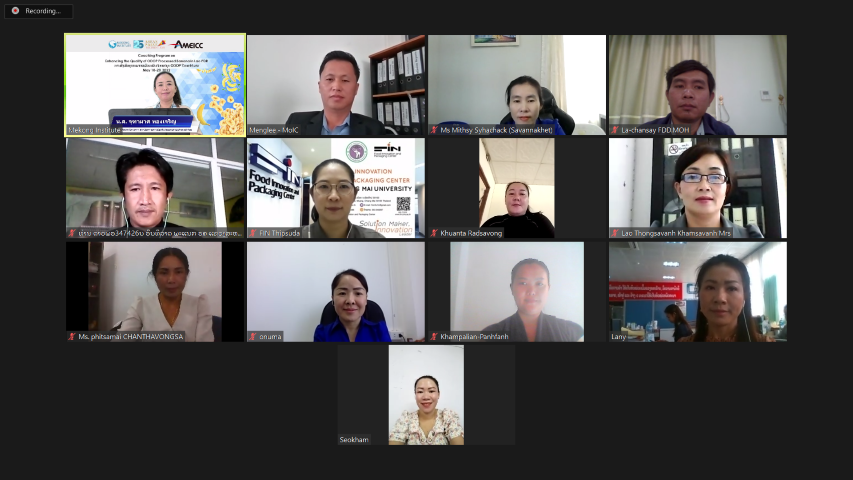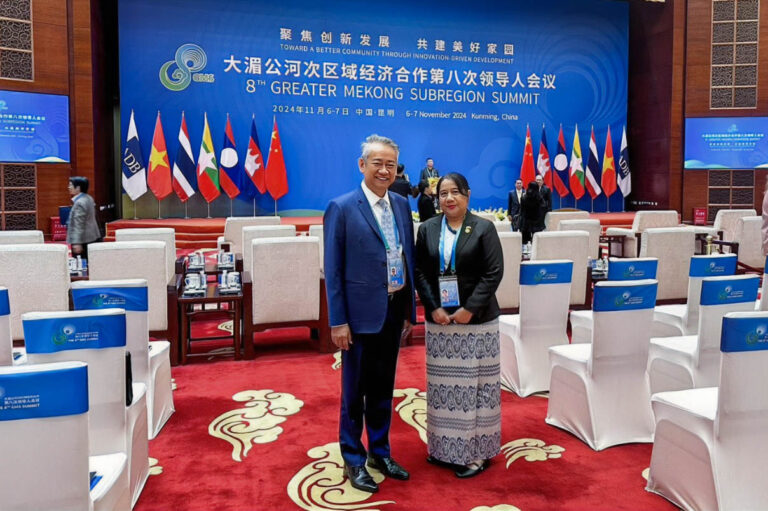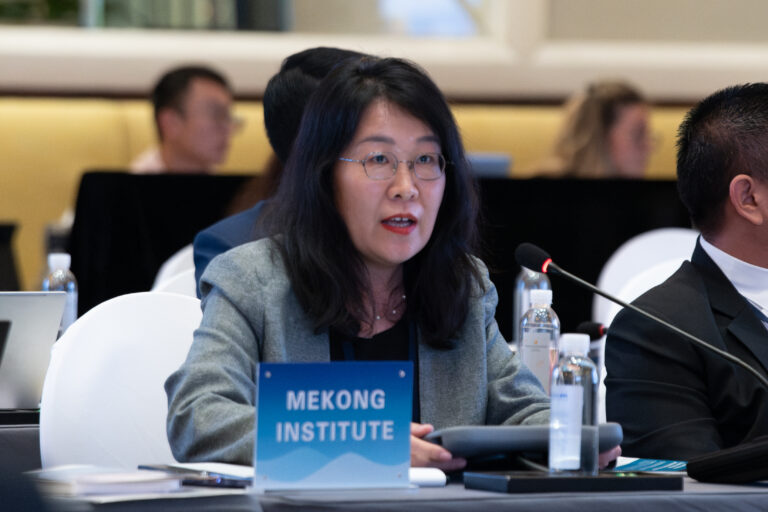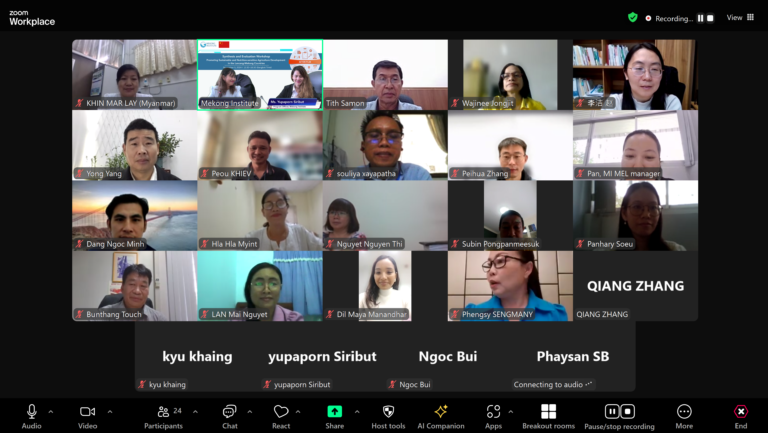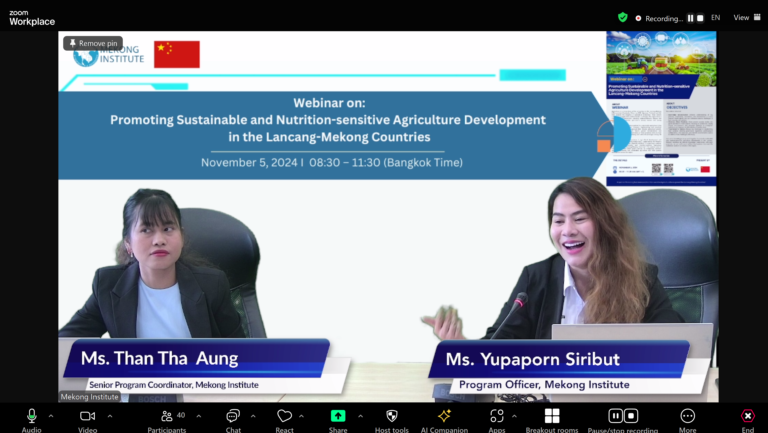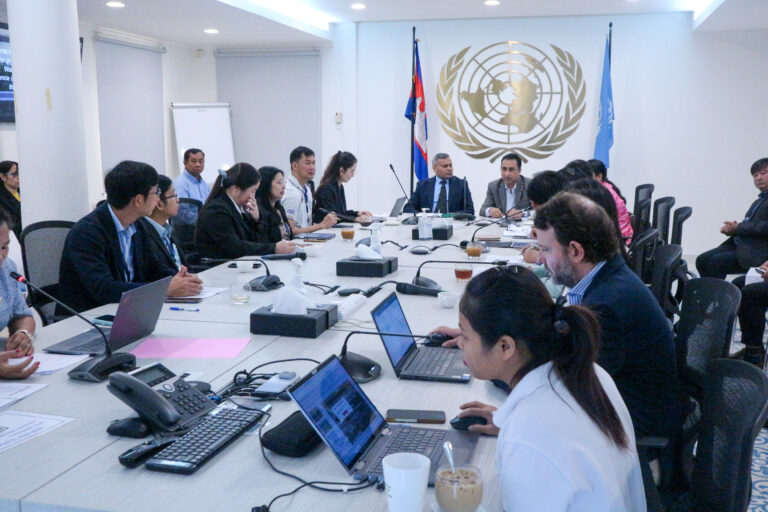To support the promotion of One District One Product (ODOP) in Lao People’s Democratic Republic (PDR), Mekong Institute (MI), with support from the AEM-METI Economic and Industrial Cooperation Committee (AMEICC) Secretariat, is conducting coaching program on product processing and packaging technologies for small and medium sized enterprises (SMEs) and government officials from May 18-20, 2022.
The coaching program is a follow-up activity of the online training course on ODOP Development and Promotion which happened in March. Attended by the same training participants, the coaching program is expected to create a platform for participants to build a strong connection with Thai experts from Chiang Mai University Food Innovation and Packaging Center and Khon Kaen University Science Park, as well as, among the participants themselves. The activity is designed based on the take-aways during the training program where participants expressed their interest to learn processing and packaging techniques that will lengthen the crispiness and shelf life of their products, as well as to improve branding techniques and expand marketing channels through online platforms such as Facebook.
To keep pace with evolving technological trends and to widen the market access of banana entrepreneurs in Lao PDR, this coaching program will capacitate participants on improving the banana quality and safety in each stage of processing, packaging, and storing. Aside from maintaining production quality of processed-banana, we would also like to encourage SMEs to incorporate branding techniques and integrate it to their business plan for more market opportunities,
said Ms. Maria Theresa Medialdia
Director of the Agricultural Development and Commercialization (ADC) Department of Mekong Institute. She further added that partnering with different institutions to increase SMEs potentials for better inter- and intra- trade opportunities is one of the strategic approaches the department is taking to support agrifood trade in the region.
This activity is being co-organized with AMEICC Secretariat under the eight-month project on the “Technical Assistance for Community Development in Mekong Subregion” to enhance the capability and potential of community enterprises and SMEs in Cambodia, Lao PDR, and Vietnam.


